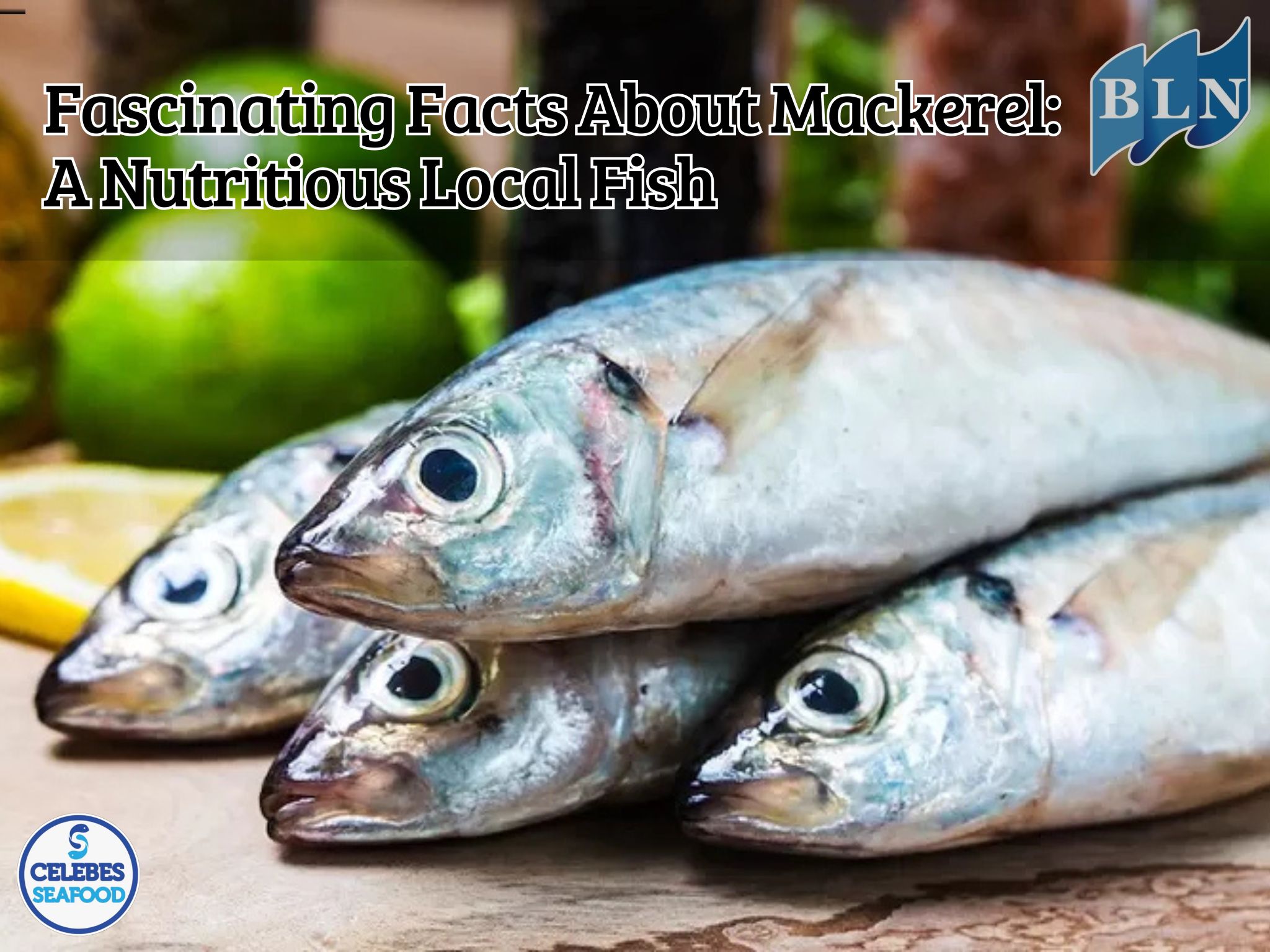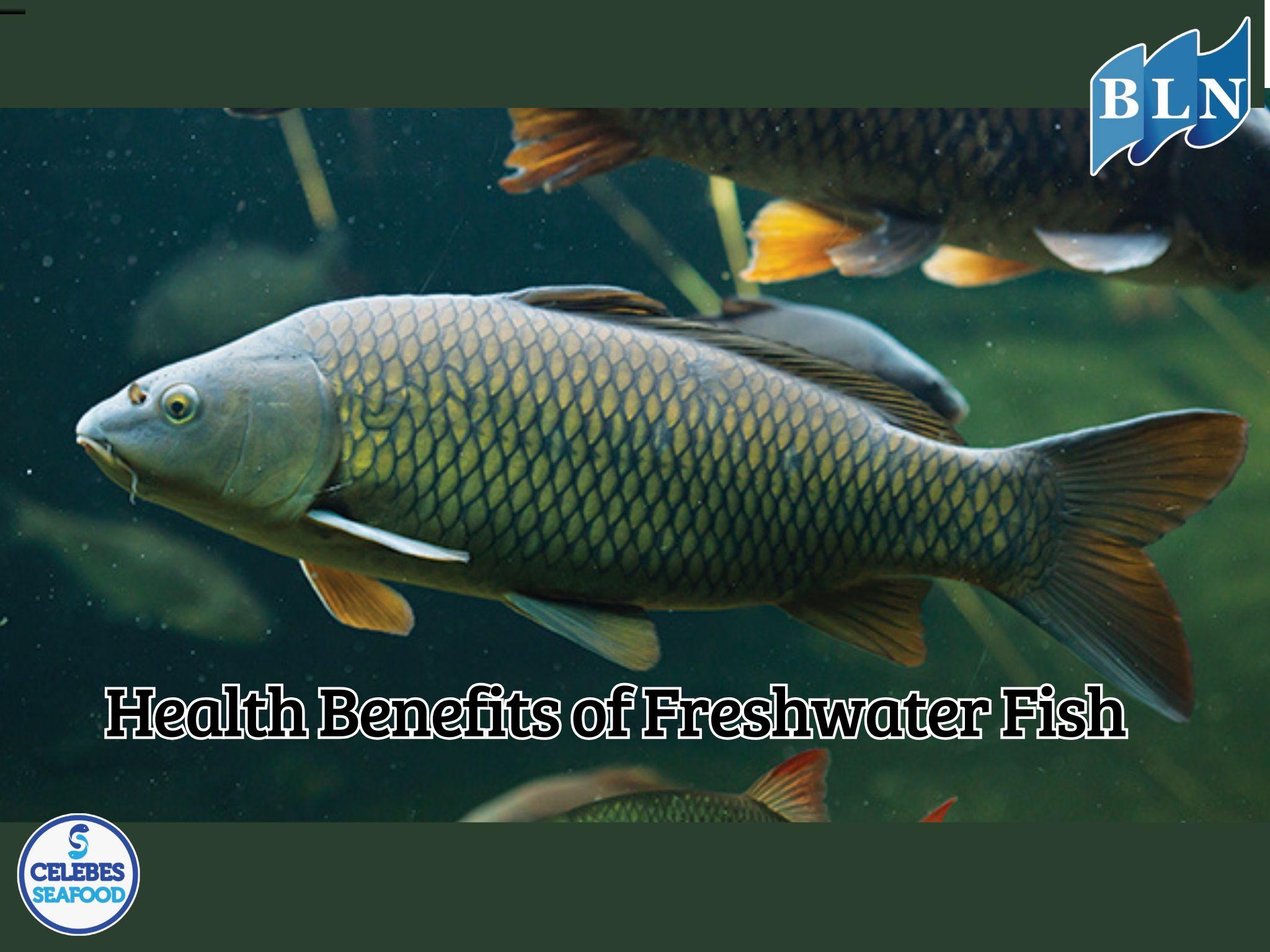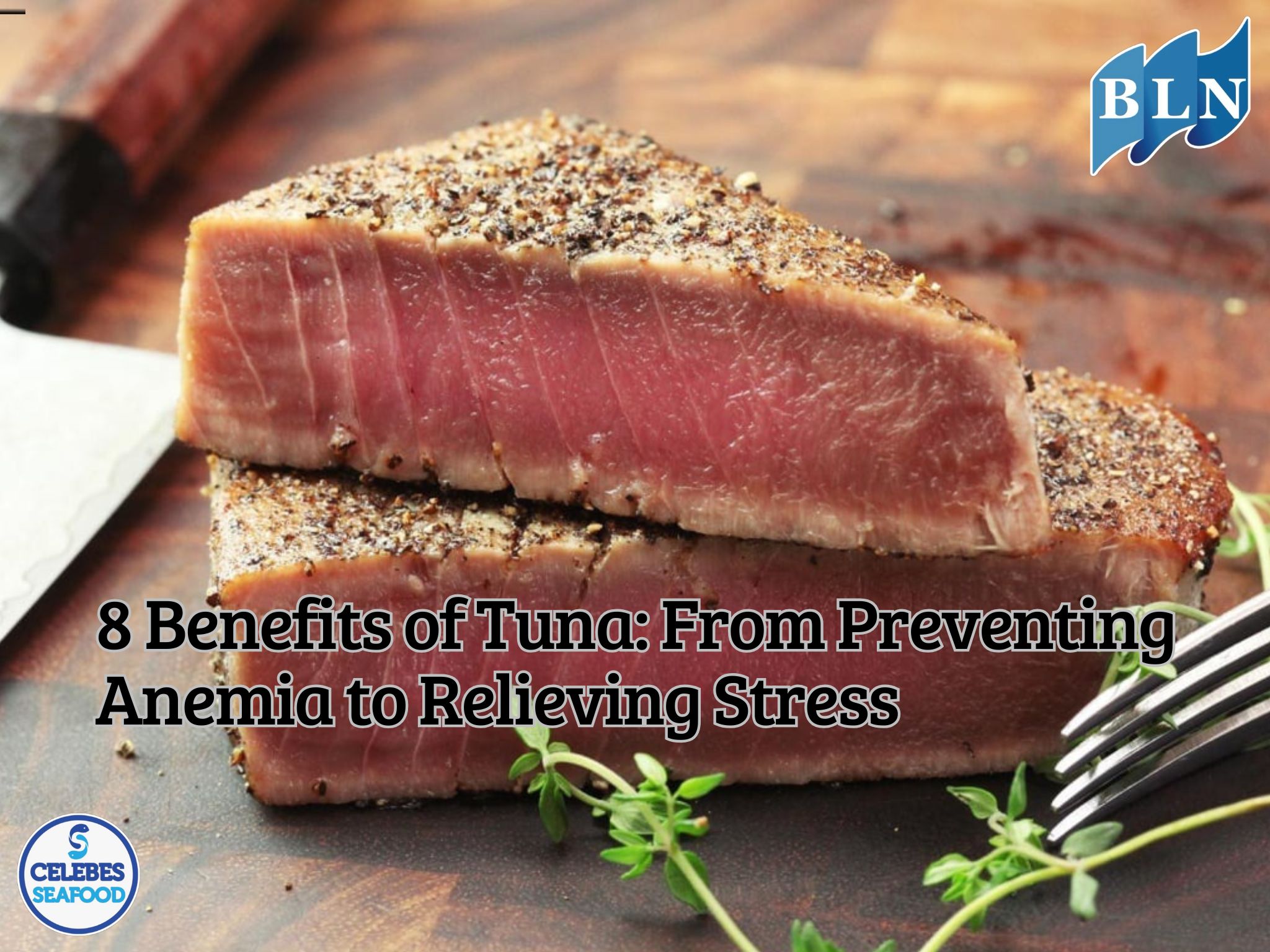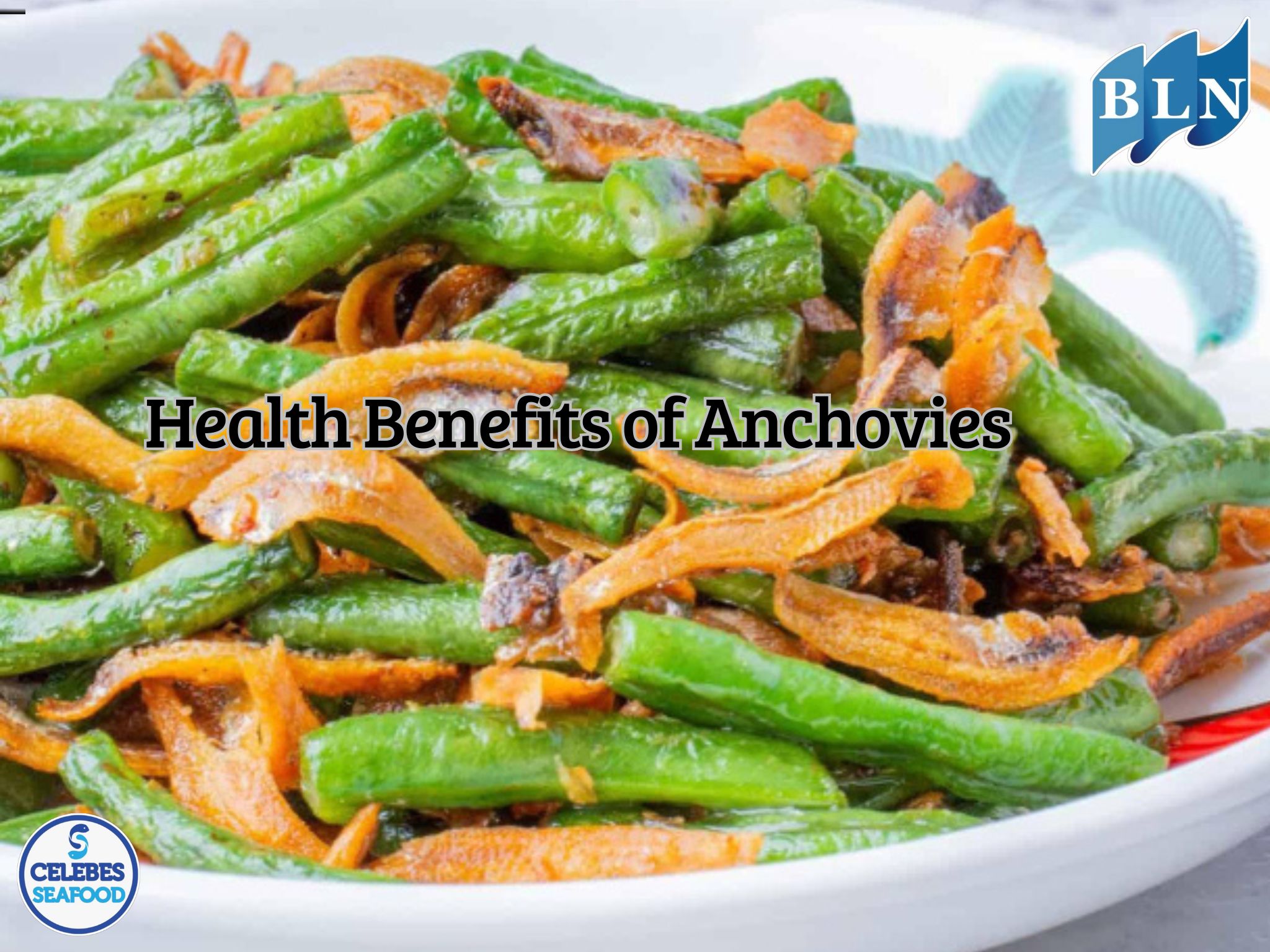Fascinating Facts About Mackerel: A Nutritious Local Fish
By. Rani - 29 Jul 2025
lautnusantara.com Salmon is highly popular due to its high omega-3 content, which helps meet daily omega-3 needs. Omega-3 is a type of essential fatty acid that the body cannot produce on its own. Therefore, we need to obtain it from food intake.
But did you know there's a local fish with an even higher omega-3 content than salmon? That fish is mackerel! It turns out, mackerel's nutritional content is higher than salmon. In fact, mackerel is known as the king of omega-3! Let's read this article to learn more.
Getting to Know Mackerel
Mackerel (Rastrelliger spp.) is a type of marine fish easily found in Indonesian waters. It belongs to the Scombridae family and is a popular group of small pelagic fish. Mackerel has a slender, elongated body with a bluish-green back and a silvery-white belly.
There are two of the most popular mackerel species in Indonesia: Rastrelliger kanagurta and Rastrelliger brachysoma, more commonly known as "male mackerel" and "female mackerel." In West Sumatra, mackerel is known as ikan gembolo, while in Makassar, it's called ikan banyar. This is the origin of the term ikan kembung banjar.
This fish plays an important role in the ocean's food chain. Mackerel is a protein source for many predators, including seabirds and larger fish.
1. Omega-3 Source Comparable to Salmon (Even More!)
This might be the most surprising fact. Many people think salmon is the king of omega-3 fatty acids. However, mackerel's omega-3 content can compete, and in some studies, it's even higher than salmon! Omega-3 is crucial for heart and brain health and for reducing inflammation in the body. So, you can gain maximum benefits at a much more economical price.
2. High Protein Content for Muscles and Energy
Mackerel is an excellent source of animal protein. Every 100 grams of mackerel contains approximately 18-20 grams of protein. This essential protein plays a vital role in building and repairing body tissues, producing enzymes and hormones, and maintaining the immune system. For those who are active or building muscle mass, mackerel can be an effective protein choice.
3. Rich in Essential Vitamins and Minerals
Besides omega-3 and protein, mackerel is also packed with various essential vitamins and minerals, including:
- Vitamin D: Important for bone health and the immune system.
- Vitamin B12: Involved in red blood cell formation and nerve function.
- Iodine: Essential for healthy thyroid function.
- Selenium: A powerful antioxidant that protects cells from damage.
- Iron: Prevents anemia and supports oxygen transport in the blood.
4. Affordable and Easily Accessible
One of mackerel's main appeals is its relatively low price compared to other marine fish with similar nutritional content. This makes it a very economical and easily accessible option for various segments of society to meet their daily nutritional needs. Its availability is also abundant in traditional markets and supermarkets throughout Indonesia.
5. Versatile in Various Culinary Preparations
Mackerel is incredibly versatile in cooking. Its tender and savory meat is suitable for various cooking methods, from grilling, frying, steaming, making pepes (steamed in banana leaves), pindang (braised in spices), to sambal balado (chili sauce dish). This allows you to get creative in the kitchen without limits, so you won't get bored consuming this nutritious fish.
6. Supports Local Fishermen
By consuming mackerel, you are indirectly supporting the livelihoods of local fishermen in Indonesia. This fish is generally caught by small to medium-sized fishing vessels in our own waters, thus contributing to the economy of coastal communities.
So, don't hesitate to make mackerel a regular part of your daily diet. This local fish is clear proof that the best nutrition doesn't always have to be expensive!


.jpg)

.png)


